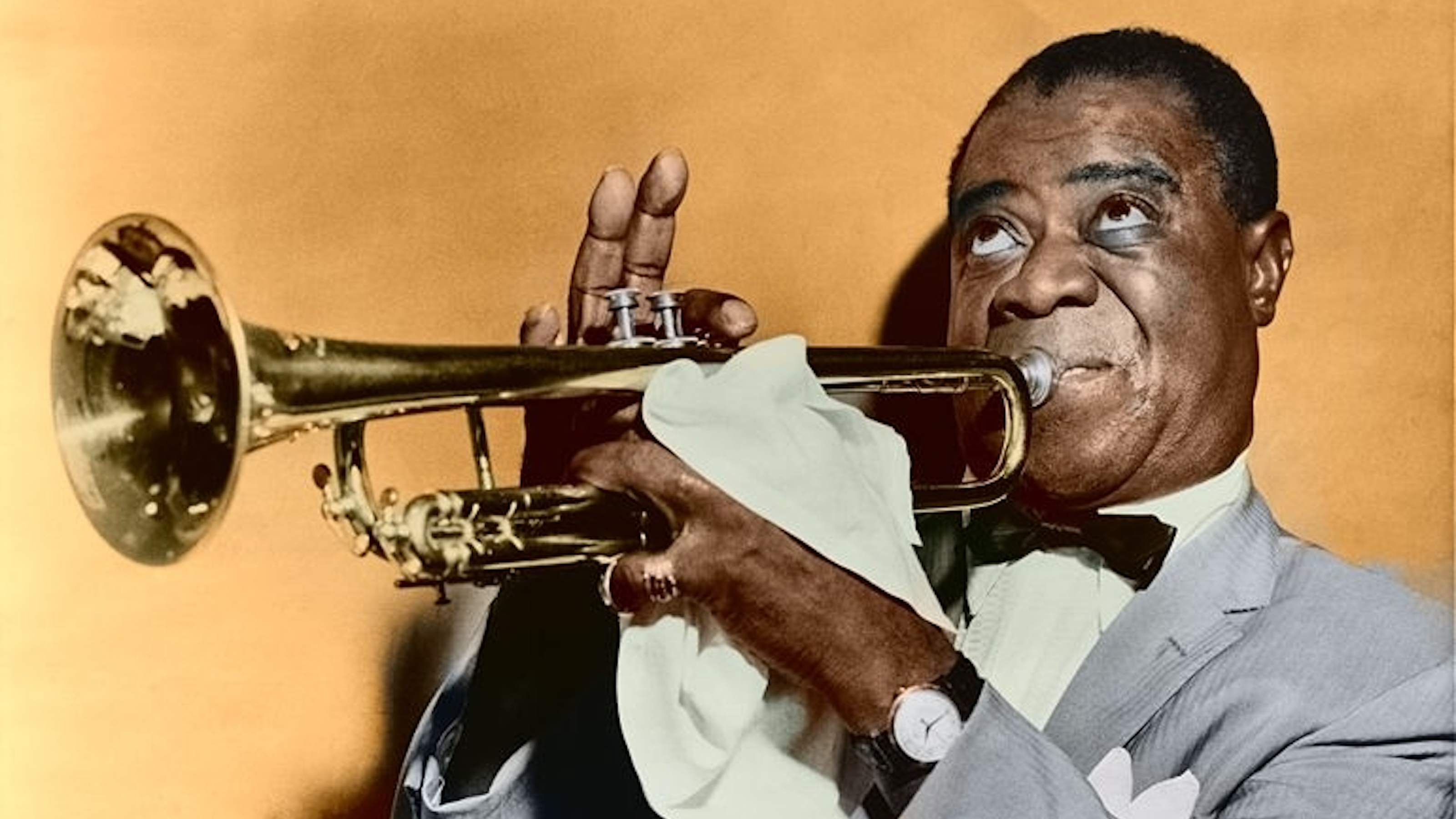There’s No Success Like Failure: Why You Need to Learn to Sing the Blues

In his book, What You’re Really Meant to Do: A Roadmap for Reaching Your Unique Potential,Robert Kaplan offers a practical guide to help people filter out conventional wisdom and peer pressure to get to know who they really are.
But that will only get you so far, Kaplan says. The next important step you need to take is tell your own story. What does that mean? Literally write down the facts of your own life, like the way your biography would appear on Wikipedia. For instance:
Bob Dylan (pron.: /ˈdɪlən/; born Robert Allen Zimmerman; May 24, 1941) is an American musician, singer-songwriter, music producer, artist, and writer.
The next step is to attach a narrative to that story. In other words, put a spin on it:
He has been an influential figure in popular music and culture for more than five decades. Much of his most celebrated work dates from the 1960s when he was an informal chronicler and a seemingly reluctant figurehead of social unrest.
Kaplan says we tend to be taught to put together success narratives, that is to say, we frame our autobiographies in terms of how we have prevailed. And yet, there is another essential narrative that you need to be able to construct. And this one is not a happy story. Kaplan advises you to write down your failure narrative, focusing on setbacks.
To keep with the Dylan analogy, we could point to, for instance, the artistic maturity and self-awareness he expressed in documenting excruciating romantic failures in the 1975 album Blood on the Tracks.
Whether you’re aware of it or not, you have a number of insecurities in your head that tell you things like “I’m not good enough.” In the video below, Kaplan points out that these unconscious insecurities hold you back, and you need to become aware of your failure narrative if you hope to reach your true potential.
Watch here:
Image courtesy of Shutterstock.





